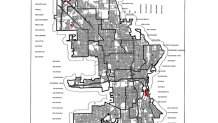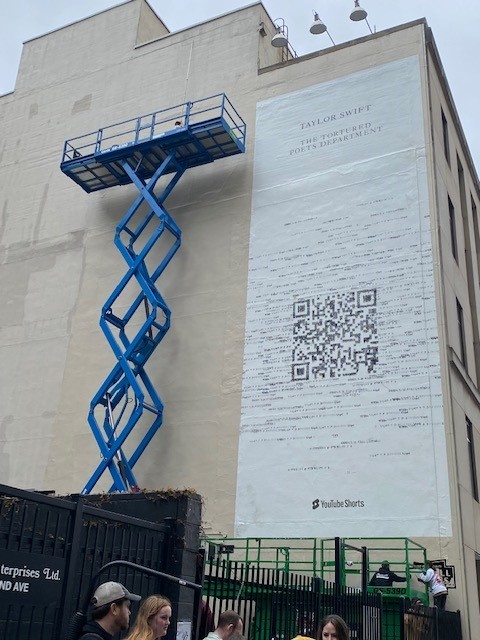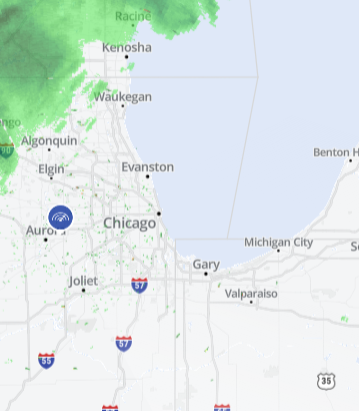Most every community has laws that restrict registered sex offenders from living in certain areas – close to a school, say, or near park. The laws are intended to protect people from past offenders, but there’s a flipside to these laws which can put people closer than ever to the offenders they’re trying to avoid.
That’s because these types of restriction laws often drive sex offenders to the margins and edges of town, and to the motels and hotels that are located there, according to Adele Nicholas, a civil rights attorney in Chicago who represents sex offenders who are trying to find legal places to live. So – ironically – in their attempt to obey the law, sex offenders may have little choice but to check in to the motel room next to yours – because they literally have nowhere else to go.
Consider the city of Milwaukee, Wisconsin. A 2015 map of the city shows a few tiny red portions – each barely a block wide -- which were then the only areas of Milwaukee where registered sex offenders could legally reside, because of strict buffer zones the city had adopted. (The one large red area [in southeast Milwaukee] is the runway system at the city’s airport.)

“The evidence shows that residential exclusions zones [are] a gimmick,” Nicholas says. “In fact they oftentimes increase risk factors for crime by pushing people to the margins of society, and by making it impossible for them to successfully re-integrate into communities.”
In May of 2017 Nicholas and fellow Chicago attorney Mark Weinberg filed suit in in federal court against the city of Milwaukee, on behalf of several registered sex offenders who were required (because of the location of their convictions) to live in the Milwaukee area. The suit challenged the constitutionality of the city’s 2015 residency restrictions, which prohibited these offenders from living “….within 2,000 feet of any school, licensed day care center, park, recreational trail, playground or any other place designated by the city as a place where children are known to congregate.” The sex offenders’ suit argued that the restrictions “effectively banish[ed] them from the city” or rendered them homeless.
As a direct result of Nicholas’ and Weinberg’s lawsuit, Milwaukee’s Common Council voted in the fall of 2017 to repeal the city’s “buffer zones,” allowing most registered sex offenders to now live in most any area in the city. And while – at first glance – this may seem alarming, Nicholas and Weinberg cite several academic studies that show that sex offenders are no more to re-offend, based on where they live.
“All the studies show that the keys to successful re-integration into the community …. are sources of community support, having positive and productive things to do like being able to work, being able to be a good parent, being able to have positive connections to friends, family, church – things like that,” Nicholas says.
Local
Nicholas and Weinberg have filed similar federal lawsuits against other municipalities in southwest Wisconsin, with results similar to Milwaukee’s repeal of its buffer zones.



